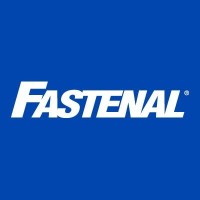
Wesco
At Wesco, we believe life should run smoothly. As a leading provider of business-to-business distribution, logistics services and supply chain solutions, we create a world that you can depend on. Harnessing 100 years of ingenuity and expertise, we increase profitability, improve productivity and mitigate risk for approximately 150,000 customers worldwide. With millions of products and locations in more than 50 countries, Wesco is your partner in progress. Our company’s greatest asset is our people. From our corporate and field offices to our distribution sites, Wesco employs over 20,000 professionals around the globe. We’re committed to fostering diversity and inclusion across our workforce by embracing the unique perspectives, authenticity, and individuality our team members contribute to the company. Headquartered in Pittsburgh, Wesco is a publicly traded (NYSE: WCC) FORTUNE 500® company with 2023 net sales of $22.4 billion.






